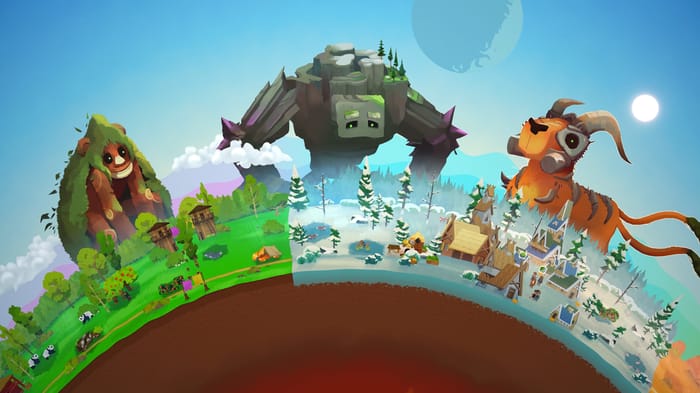Roblox rolls out Unity-style analytics tools for developers
The new tools push Roblox closer to parity with mainstream third-party tool providers.
At a Glance
- User Generated Content platform Roblox continues to court devs with high-quality tools targeting a younger audience.
- The latest of these tools includes an analytics suite mimicking those found in Unity or Unreal Engine.
- Tools like these are key to understanding player retention and in-app spending.
Roblox Corp is deploying a new calling card in its courting of professional developers. Today the company is announcing the rollout of a new series of high-end analytics tools, comparable to the ones found in third-party game engines like Unreal Engine and Unity.
Tools like these are critically important for developers relying on high levels of player retention over time to drive in-app spending, which many Roblox games are built on. Developers like Voldex aren't just developing social-friendly games for players to raid dungeons or race cars in—they're encouraging players to buy in-app cosmetics to show off to their friends.
For those eyeballing Roblox's corporate strategy, such a move seems to cater towards free-to-play developers exhausted by existing saturated markets. Said tools are useful to developers of all stripes but they're essential for live service game development.
In a briefing sent to Game Developer, Roblox Corp stated that its two new releases are called "Economy" and "Funnel" event analytics. Economy "events" track how players spend in-game resources (not the purchasable currency Robux).
"Funnel events" resemble classic retention analytics, measuring which features or shop items are driving player interest or leaving them uninterested.
The tool rollout will continue next week with tools to measure "qualified playthrough rates," to track impressions of "qualified plays" (which Roblox Corp says measures "deeper engagement" than its general "plays" metric), and "similar experience benchmarks" to compare key performance indicators with games in similar genres. Future analytics features will also mimic common mobile free-to-play like Thumbnail presentation, advertising campaign URL tracking, and analytics capabilities for the AI Roblox Assistant.
Retention-driving tools should invite some scrutiny
Roblox's addition of high-grade analytic tools show the platform is gaining more tools to attract platform-first game development—though emphasizing retention and player spending through UX improvements is cause for some scrutiny, given previous criticism levied at the company.
For context, the practice of hyperfocused retention design has led some like former Wooga designer Adrien Laurent to warn of "predatory" tactics that emerge in data-driven game design. Such patterns are present in nearly every game marketplace, but Roblox Corp has wrangled with rolling allegations that its UGC platform "exploits" young developers and players (while still combatting a host of safety issues).
Spokespeople for the company regularly stress that it does not exploit users (though comments from Roblox studio head Stefano Corazza this year may indicate differing views on the phenomenon), and that it is constantly improving its in-app safety tools.
Ultimately, Roblox's new analytics tools will prove useful for devs building new games-as-a-service businesses on the ever-growing UGC platform. It will be fascinating to watch if said studios ever have to struggle with the growing costs of user acquisition and retention plaguing classic free-to-play game marketplaces.
Update: A previous version of this story incorrectly referred to Corazza as the CEO of Roblox Corp. It has been corrected with his proper job title.
Read more about:
Top StoriesAbout the Author(s)
You May Also Like







.jpeg?width=700&auto=webp&quality=80&disable=upscale)








